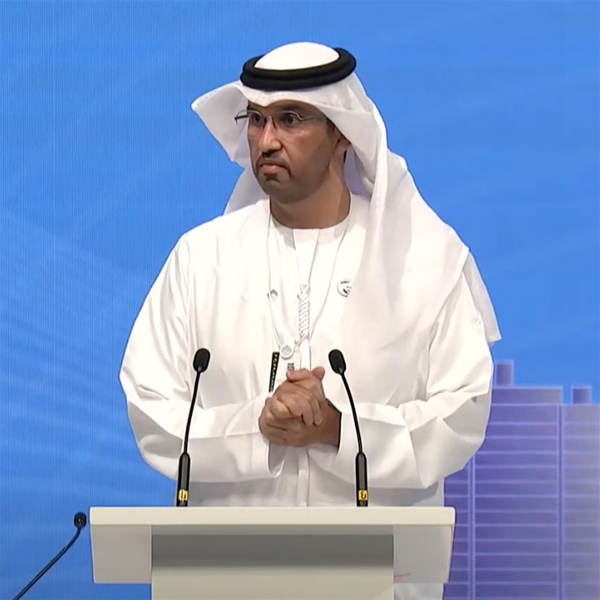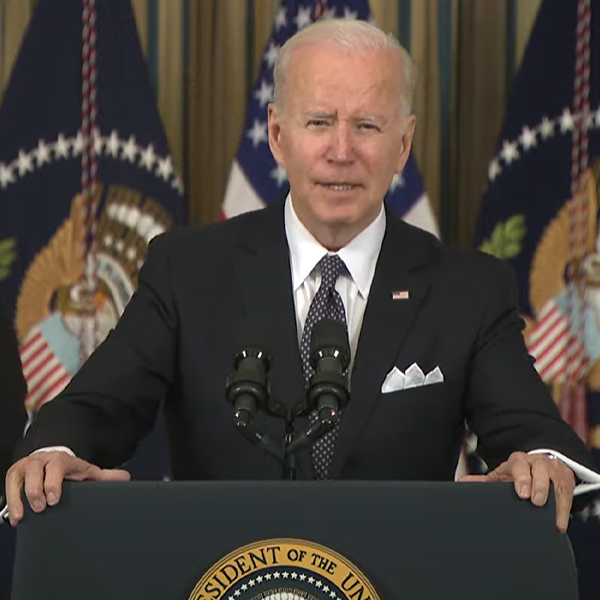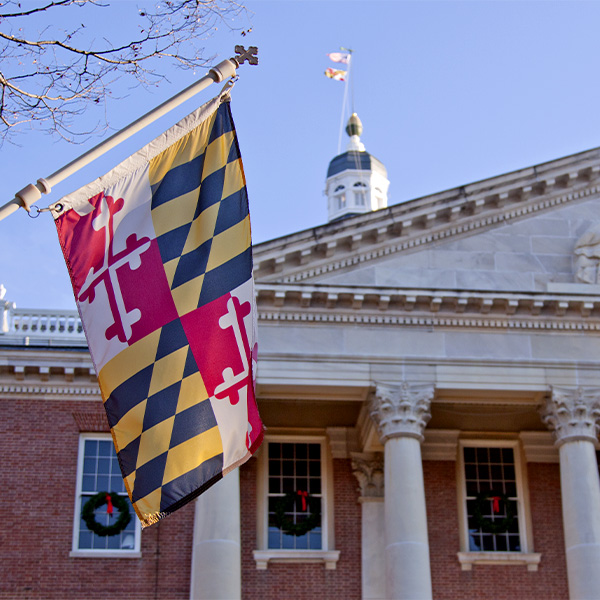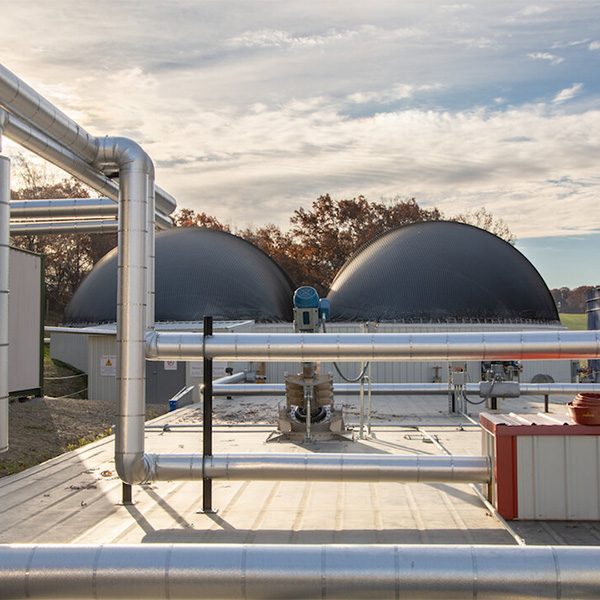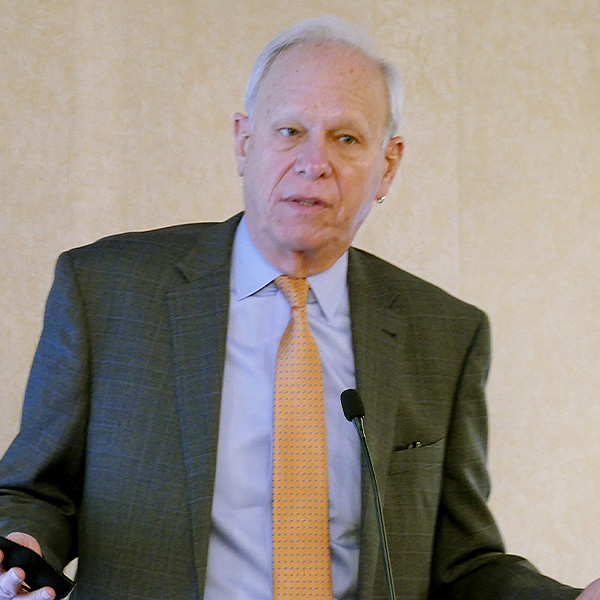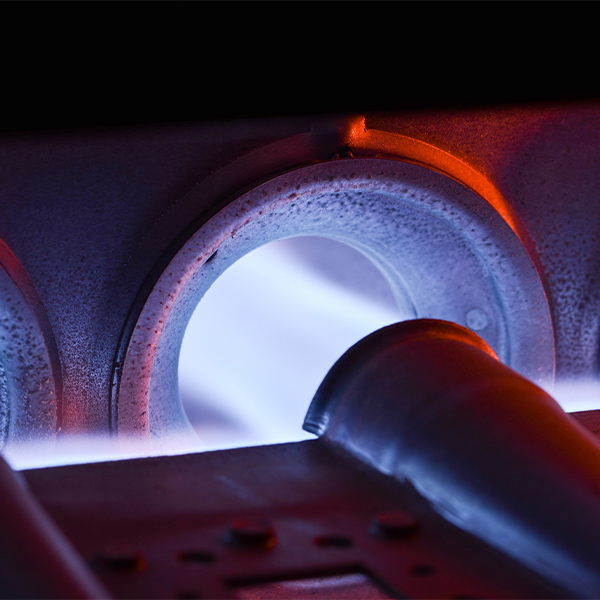Building Decarbonization
The need for energy security in the wake of the Ukraine war dominated the Atlantic Council’s Global Energy Forum in Abu Dhabi as much as climate change.
President Joe Biden’s $5.8 trillion federal budget request for 2023 contains a raft of line items aimed at cutting greenhouse gas emissions.
With less than three weeks to go until the end of the session, Maryland legislators have advanced several significant clean energy bills.
Five gas utilities filed decarbonization plans Friday in the Department of Public Utilities’ Future of Gas investigation.
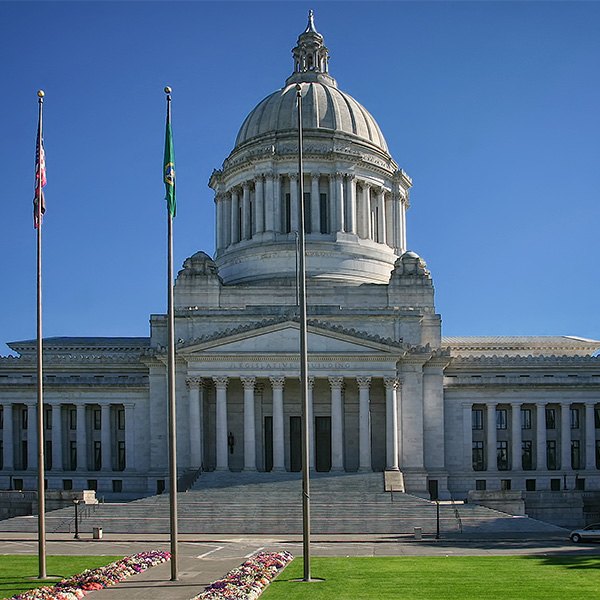
Cacophony, CC BY-SA 3.0, via Wikimedia Commons
A bill to impose a fee on banks investing in fossil fuels was among the biggest losers in the recent Washington state legislative session.
Vermont’s House of Representatives passed a bill that would implement a clean heat standard, as recommended by the state's Climate Council.
The Maryland Senate approved legislation increasing the state’s GHG emission reduction goal to 60% below 2006 levels by 2030, up from the current 40% target.
The state Energy Commission adopted a key report and opened a proceeding aimed at decarbonizing the natural gas sector, including with heat pumps and hydrogen.
A task group of the Vermont Climate Council will take an extra six months to identify an alternative to TCI-P for reducing transportation emissions.
Many are disappointed that a proposed net-zero building code for Massachusetts does not allow municipalities to ban fossil-fuels in new construction.
Want more? Advanced Search
